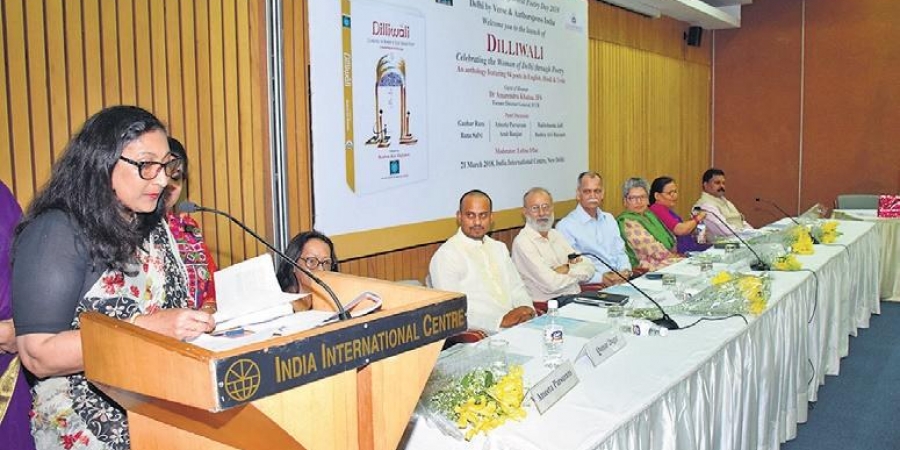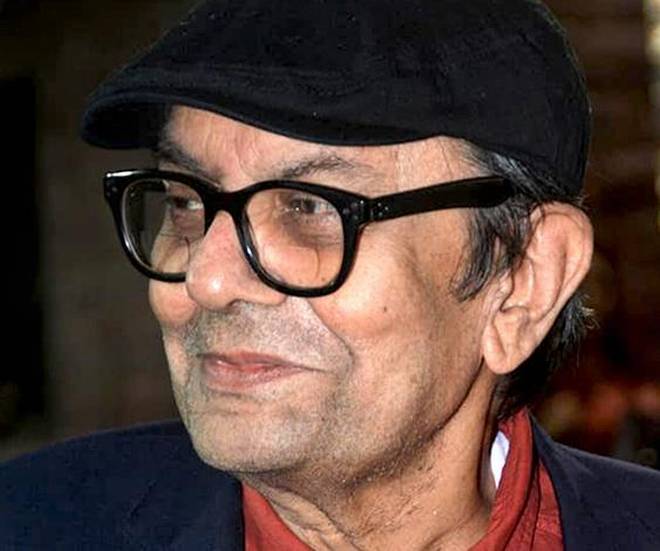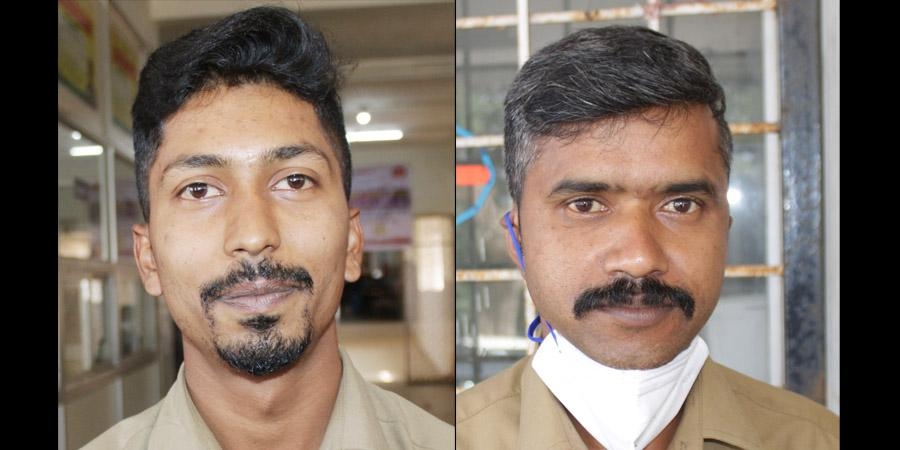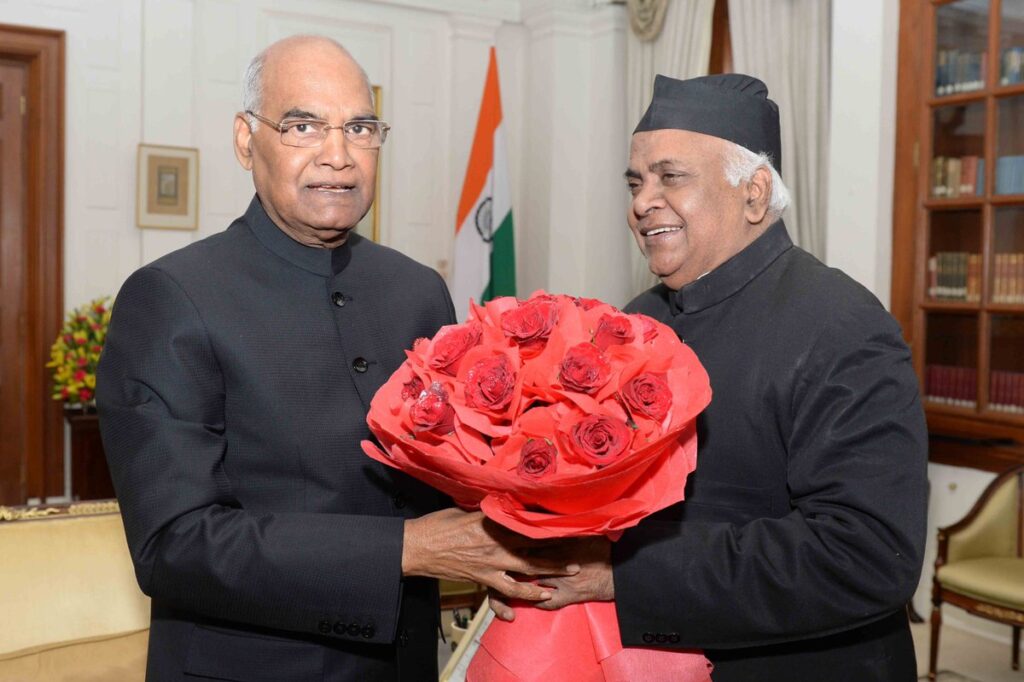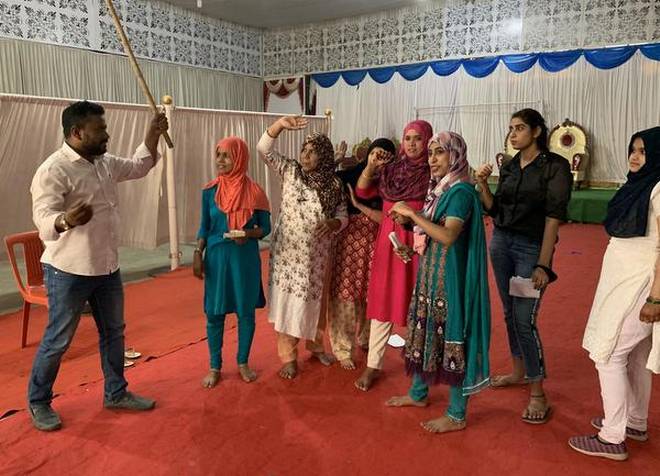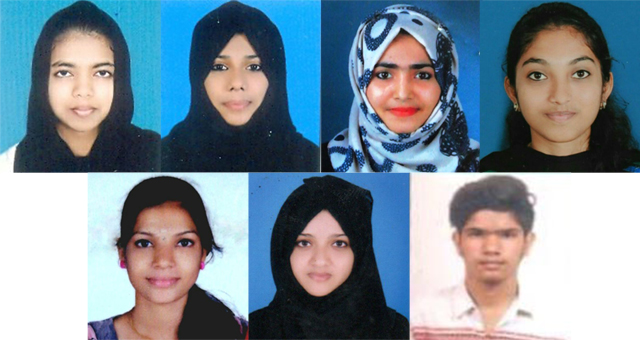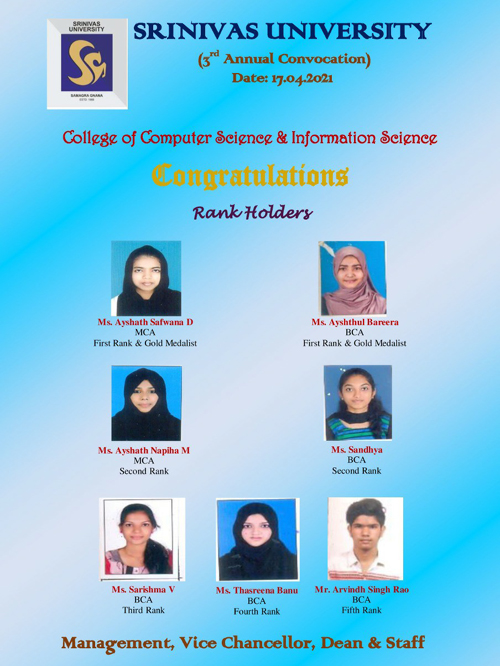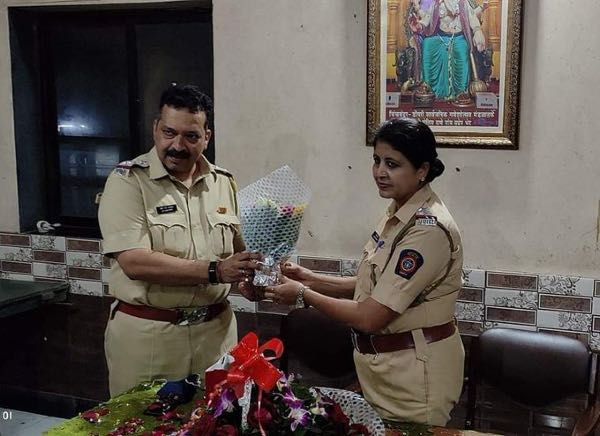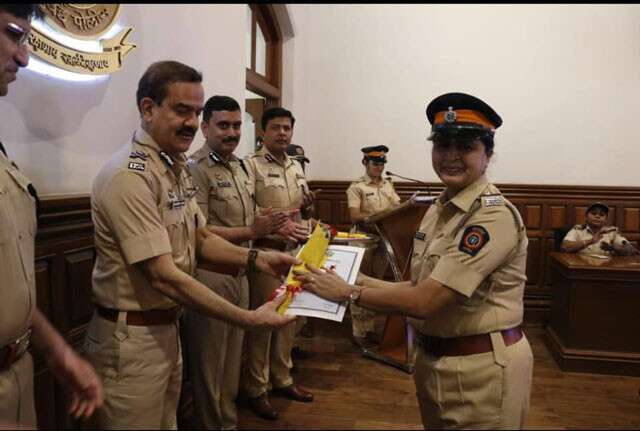Malegaon (Nashik District), MAHARASHTRA / NEW DELHI :
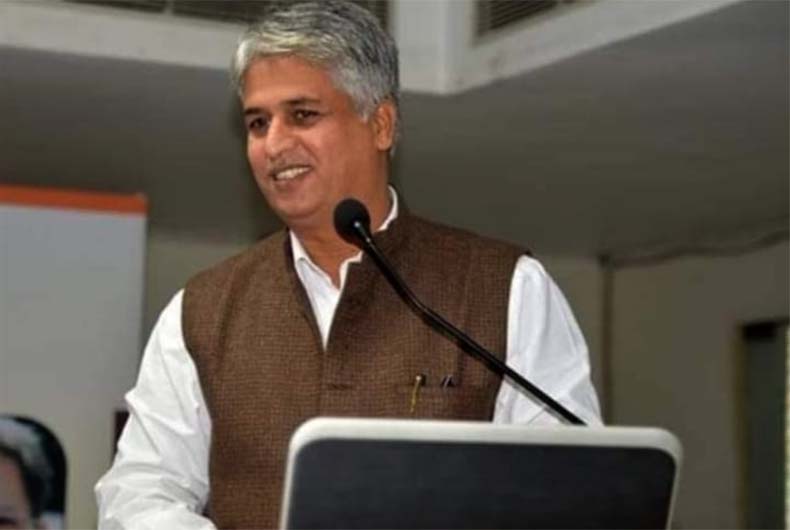
Dr Shafeeq Ansari had died while working for Jamia Millia Islamia in New Delhi at around 12:45 pm Friday.
Malegaon:
With tearful eyes, Dr Shafeeque Ahmed Ansari was laid to rest at Bada Qabaristan in Malegaon a little before sunset on Saturday April 24, 2021. He was 54.
Dr Shafeeq Ansari had died while working for Jamia Millia Islamia in New Delhi at around 12:45 pm Friday after cardiac arrest. He is survived by ailing mother, wife and two adopted children.
Professor Shafeeq Ansari was originally from Malegaon and had to fight acute poverty to reach to the position he held when he breathed his last.
“Educational Journey”
Dr Shafeeque did his schooling from Malegaon before graduating from MSG College, Malegaon. Later he moved to Pune University Physics Department where he did his MSc, Mphil and PhD.
He completed his PhD in 1998-99 on Semiconductor thin films. He joined post-doctoral position at Chonbuk National University Jeonju South Korea. After that he moved to JAIST Khanazawa in Japan as JSPS fellow.
Four years later, he moved back to Chonbuk as “Brain Pool Scientist” – one of the Falgship Korean national program on Science at that time. He spent another three years as scientist then moved to Najran University in Saudi Arabia.
After a brief stay at Najran University, Dr Shafeeque Ansari moved to Jamia Millia Islamia, New Delhi as Associate Professor in 2008-2009 where his wife Prof. Zubaida was also a Senior Faculty in the same discipline.
At Jamia Millia Islamia, Dr Shafeeq played a key role is shaping the “Centre for Interdisciplinary Research in Basic Sciences (CIRBSc)”. He later became its Director, working on this post from November 2016 to November 2019.
“A Brilliant Scientist”
Prof. Shafeeque was a brilliant scientist, great administrator and man of principles. He trained tens of researchers during his career from 2002-2021.
He played a key and instrumental role in elevating the ranking of Jamia Millia Islamia from 72 to 12 as Director of Internal Quality Assurance Cell (IQAC) where he invested a huge effort to put data into prospective.
Dr Shafeeque Ansari also worked as Coordinator Institute of Eminence and Promotion of University Research and Scientific Excellence(PURSE) run by Department of Science and Technology (DST), Govt of India at Jamia Millia Islamia in New Delhi. He was also In-charge of the Central Instrumentation Facility of the Jamia.
Prof. Shafeeq was humble, affectionate human being, great mentor, great character, and a great and amazing personality. He was a great mentor for young students in Korea and Japan, and remained close to their heart till his death. He played crucial role in shaping his students as young researcher.
The contribution of Dr Shafeeq in Science and bringing motivation, especially among Indian Muslims, will be remembered forever.
May Almighty enlighten his grave and grant him Jannatul Firdous. Amen
[The co-writer of this obituary, Dr. Ahsanulhaq Qureshi, hails from Kashmir and is a student of Dr Shafeeque. Dr Qureshi is currently working as Sr. Professor in Abu Dhabi.]
source: http://www.ummid.com /Ummid.com / Home> Obituray / by Dr Ahsanulhaq Qureshi and Zohair M Safwan, ummid.com / April 25th, 2021
